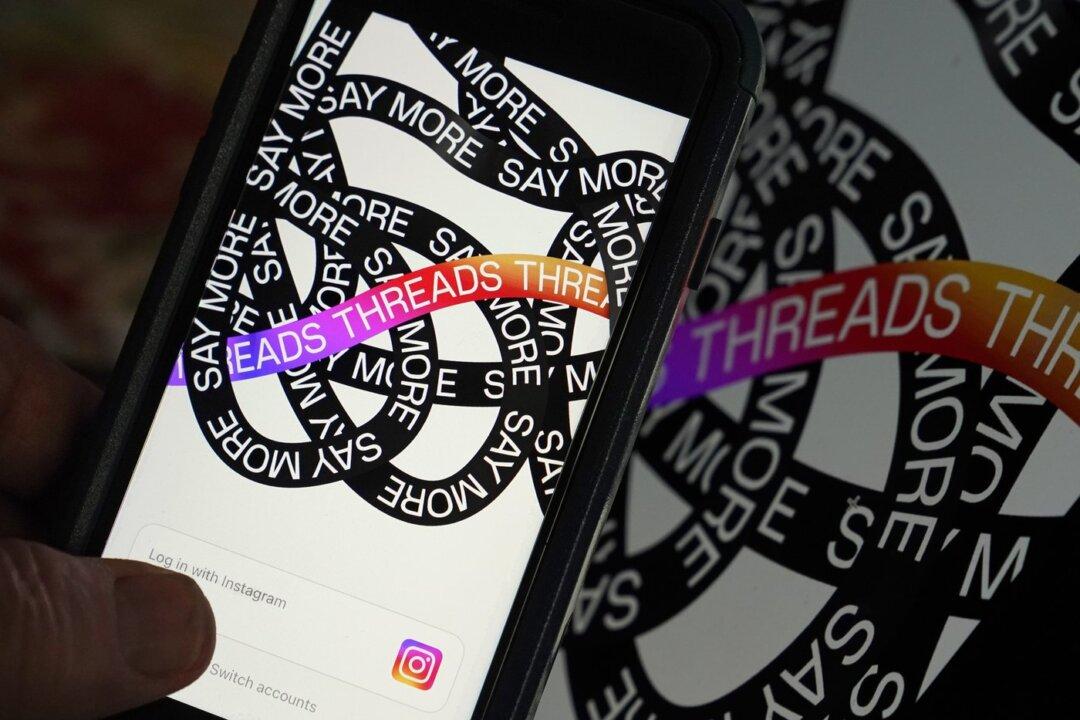Commentary
The real story of the decline and fall of Bud Light is not really about a poorly conceived advertising gimmick. It is about the capacity of regular people to make or break whole brands and companies.

The real story of the decline and fall of Bud Light is not really about a poorly conceived advertising gimmick. It is about the capacity of regular people to make or break whole brands and companies.